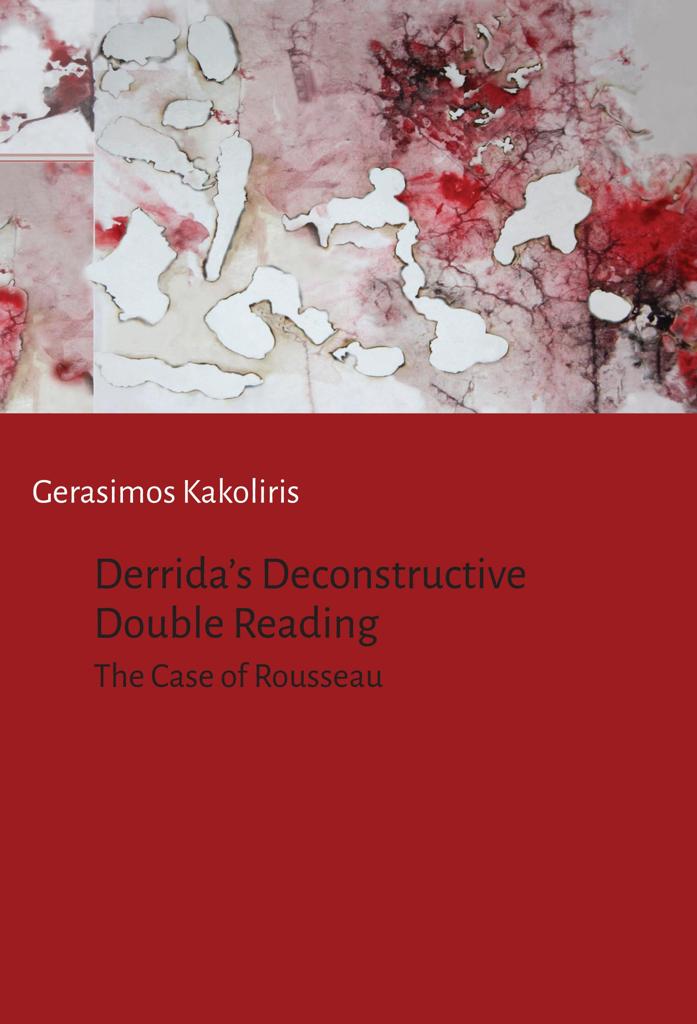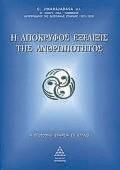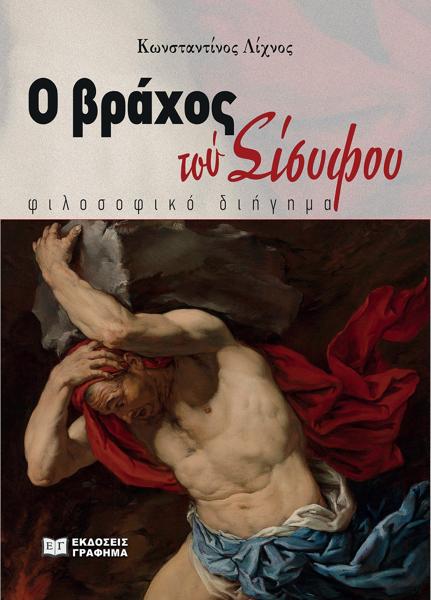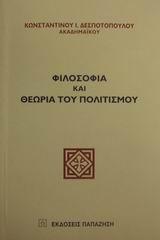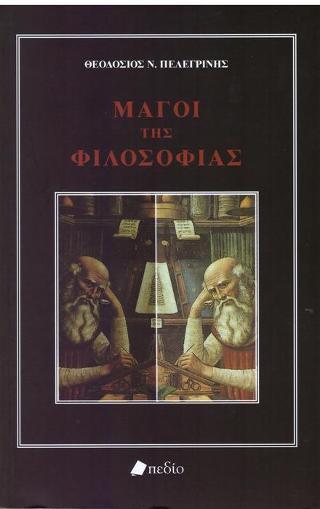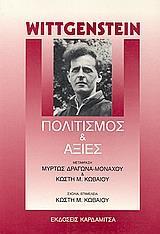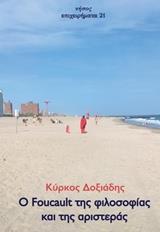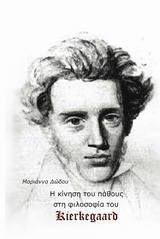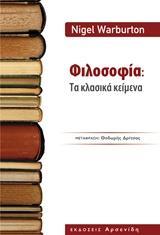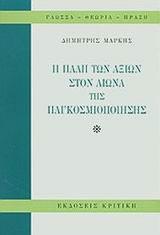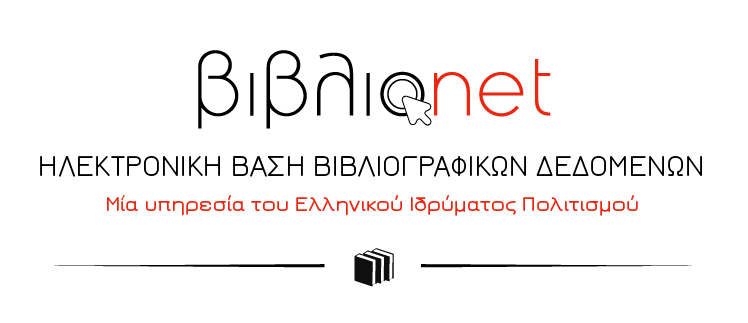DERRIDA'S DECONSTRUCTIVE. DOUBLE READING
DERRIDA'S DECONSTRUCTIVE. DOUBLE READING
The present work is a critical description and evaluation of deconstructive double reading that Jacques Derrida applies to certain texts of the philosophical tradition to demonstrate the way in which fundamental binary hierarchical oppositions of Western thought are undone, displaced or deconstructed by the very text in which they are inscribed.The first part of this book presents deconstruction as a double reading. The first reading – what Derrida names “doubling commentary” – reproduces or “reduplicates” the authorial or textual intention (the “vouloir-dire”) of a given text in order to deconstruct it during the second or “critical reading”. The first part of the book focuses on the way that deconstructive double reading is executed. The second part then clarifies these issues by means of rigorous examination of a crucial example of Derrida’s deconstructive reading, namely that of Jean-Jacques Rousseau’s Essay on the Origins of Languages and the Confessions in Of Grammatology. In addition to arguing that for Derrida deconstruction is a double reading, a double process, the book makes the critical claim that there is tension or even contradiction between those two distinct gestures which constitute deconstructive reading.

